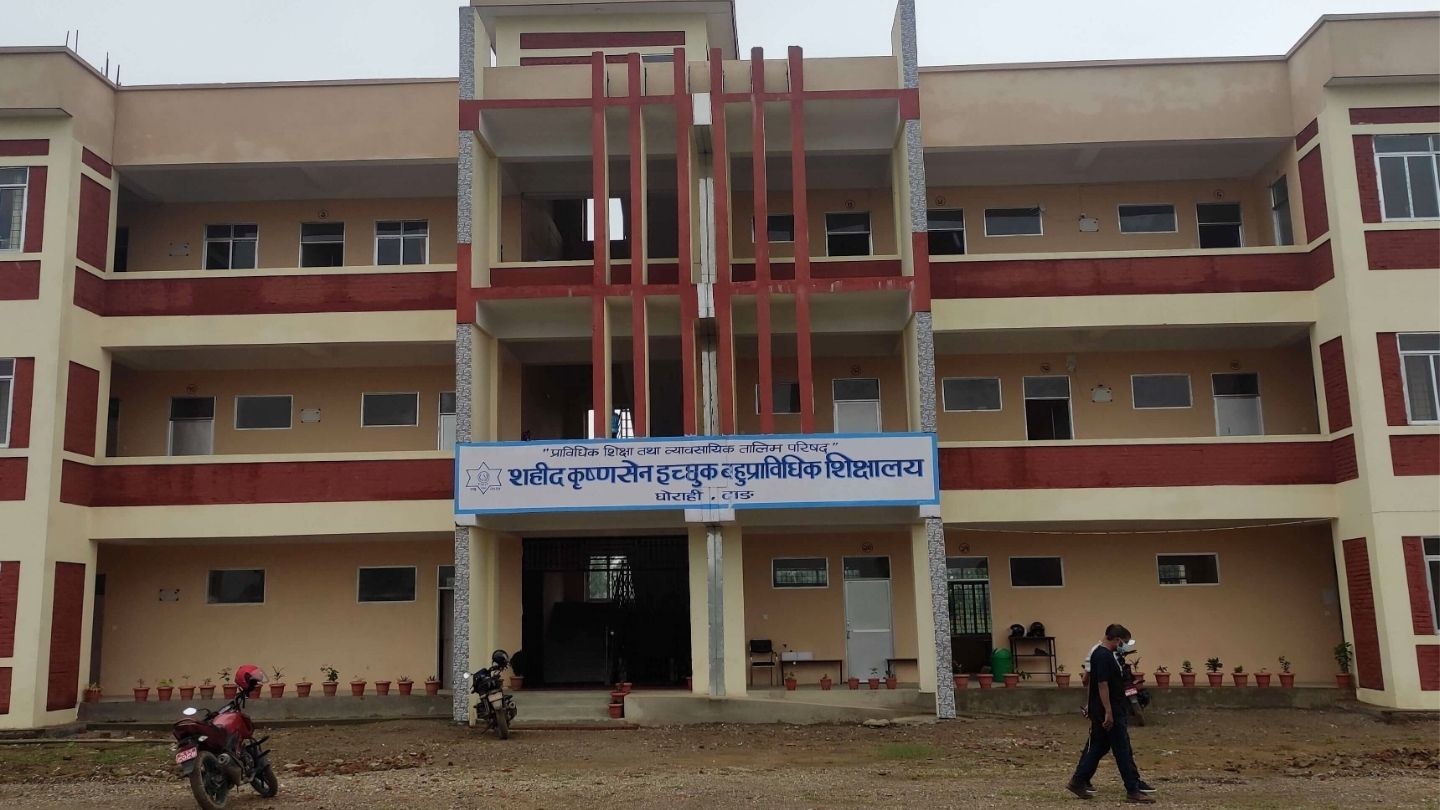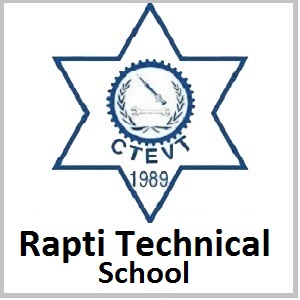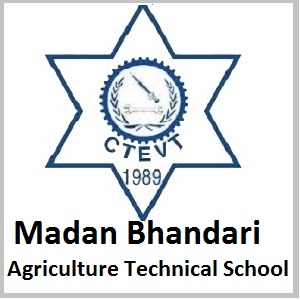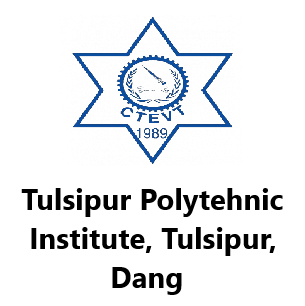Overview
Diploma in Agriculture (Plant Science) at SKIPI, Ghorahi-17, Dang
If you’re aiming for field work that improves crop production and local livelihoods, the CTEVT Diploma in Agriculture (Plant Science) at SKIPI offers structured training for agronomy, horticulture, and extension tasks across Nepal.
Overview
SKIPI delivers the three-year Diploma in Agriculture (Plant Science) as a CTEVT constituent polytechnic. The course suits SEE/+2 graduates seeking technical roles in farms, agri-service centers, cooperatives, and input suppliers.

Highlights
-
Core coverage of agronomy, horticulture, soil science, plant protection, and seed technology.
-
Practical exercises in nursery, vegetable and fruit cultivation, irrigation, and integrated pest management.
-
Exposure to farm management, record keeping, and local value chains.
-
Seat capacity: 40.
Curriculum Details
Here’s what you’ll study over three years.
-
Crop Science: cereals, legumes, oilseeds, spices, vegetables, and fruits; cropping systems and protected cultivation basics.
-
Soil and Water: soil fertility, composting, irrigation scheduling, water management.
-
Plant Protection: insect pests, diseases, weeds, safe pesticide use, biological options.
-
Seed and Nursery: seed production basics, quality parameters, nursery management, grafting and budding.
-
Extension and Agribusiness: farm records, cost calculation, local market linkages.
-
Field Exposure: seasonal field work, demonstrations, and an end-course practicum.
Objectives
-
Prepare assistant-level agriculture technicians for public and private services.
-
Strengthen practical skills in cultivation, plant protection, and postharvest handling.
-
Support community-based advisory services through simple extension tools.
Scope
Graduates serve in municipal agriculture sections, cooperatives, agro-input firms, nurseries, and development projects. Bachelor level progression is possible through university routes after meeting criteria.
Learning Outcomes
Students learn to:
-
Plan seasonal crop calendars and manage nurseries.
-
Diagnose common field problems and suggest safe control measures.
-
Maintain farm records and prepare simple cost sheets.
-
Communicate recommendations in Nepali and local languages.
Skill Development Modules
-
Seedling production, integrated nutrient and pest management.
-
Drip/sprinkler basics and plastic tunnel management.
-
Postharvest grading and simple storage.
-
Farmer field school facilitation basics.
Teaching Methodology
Teaching combines classroom instruction, lab work, field plots, and visits to farms and service centers. Assessments follow CTEVT’s internal and board examination system.
Admission Requirements
-
CTEVT diploma eligibility and entrance.
-
Merit-based selection with reservation categories.
-
Enrollment after verification of documents.
Worried about the entrance exam? Build confidence in science, math, and general knowledge sections typical of CTEVT tests.
Career Opportunities
-
Agriculture Technician/Junior Technician in local bodies and projects.
-
Farm supervisor, nursery manager, input sales support with advisory tasks.
-
Community mobilizer for agriculture programs.
Scholarships and Financial Aid
CTEVT scholarships and category reservations apply under the sanctioned quota.
Why Choose This Course?
The course links classroom learning with season-wise practice suited to the agro-ecology of Dang and neighboring districts. Graduates step into roles that support real farms and communities.
Conclusion
The Diploma in Agriculture (Plant Science) at SKIPI provides a steady route into Nepal’s agriculture services through structured practicals and clear technician-level responsibilities. Check the latest notice for intake dates and fees.























